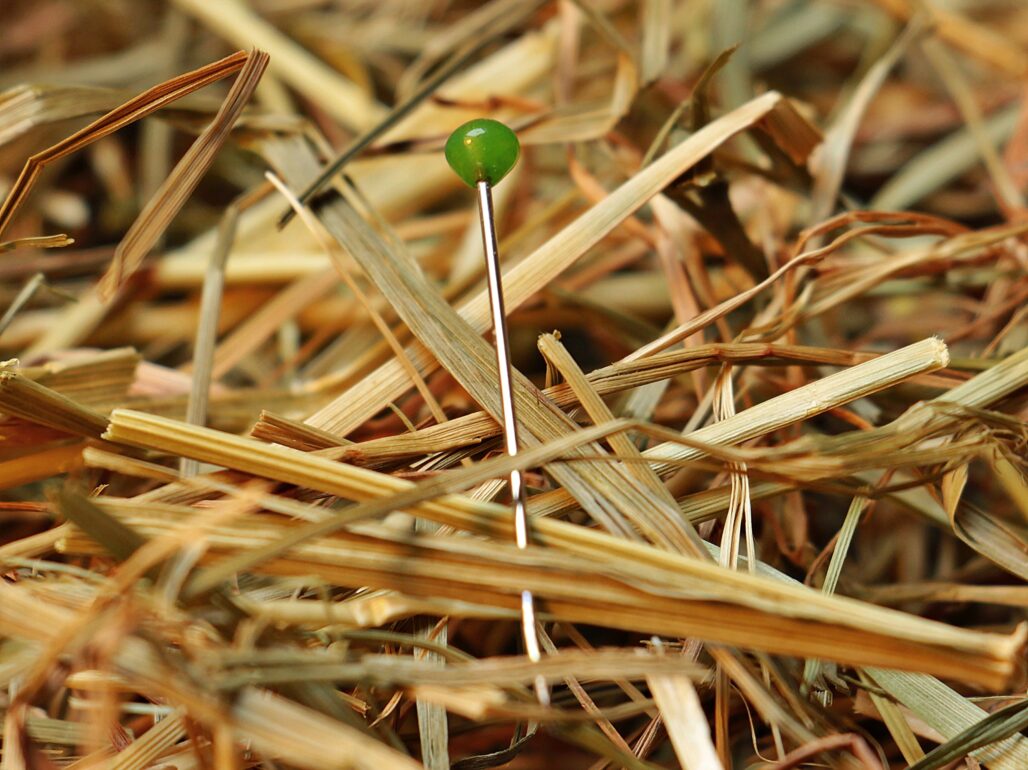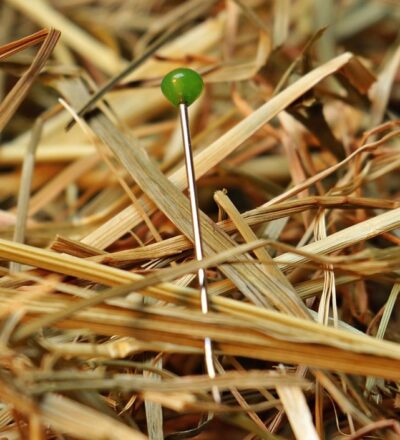Digging and trimming projects that are executed produce large streams of biomass consisting of woodchips and shreds. These biomass streams also contain a lot of sand and small organic particles. These small fractions of the biomass streams are currently not sieved and thus remain a part of the high value biomass that is then delivered to several bio-energy centres. Because this small fraction that remains has little to no caloric value it causes pollution in the boiler and this results in a lower efficiency and higher operational costs.
In order to solve this issue and to thereby increase efficiency and lower operational costs partners Yilkins Drying Solution (YDS), Hooijer Renkum, Parenco, and DPS techniek joined forces in the Early Adaptor Project (EAP) Fine Biofuels. This project aims to develop a process to be able to sieve this fine fraction of the biomass. By improving the drying and pressing step of this fine fraction the pellets will obtain an added value. This results in and improvement of the energy efficiency of both the bio-energy boilers (including process industrial ones) as well as the drying and pressing steps of the fine fraction. The project then aims to scale up this process.
Yilkins Drying Solutions has developed a technology for small-scale efficient production of pellets from low-value, locally available streams of biomass. By means of a three-fraction sieve, non-wood substances such as sand are sieved. As a result of this the fine organic fraction is upgraded into a high value added product, for example a high quality wood pellet with a good market value. This way the low valued side streams can be transformed into high value products.

The project focuses on: selecting the right sieving technique for the fine fraction; determining the efficient improvement at bio-energy boilers; determining the quality of the pellet and fine tuning the YDS process.
This project saves energy for bio-energy boilers because of the increased quality of burned biomass and it leads to the introduction of a new product: a wood pellet made from the fine organic fraction. The biomass that is currently available is produced in a more sustainable way and this way the waste streams can also be transformed in a sustainable carrier of energy: the wood pellet.
